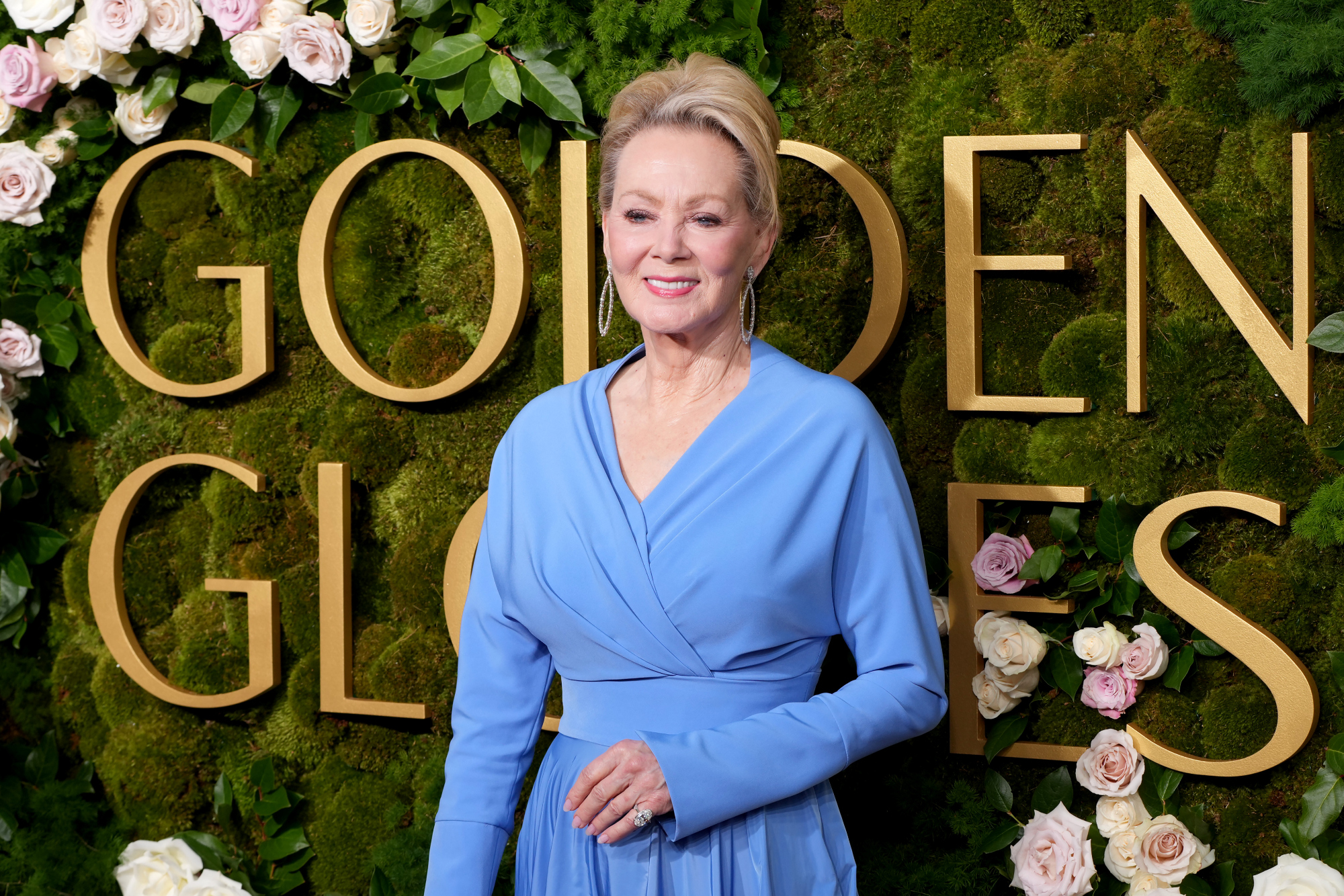The Grand Historical Epic Is Back in Fashion
One of the year’s biggest talking points in pop culture has been the possible (hopeful?) twilight of comic book movies as the dominant form of entertainment in Hollywood, but far less attention has been devoted to what might take its place. If the superhero genre really is beginning to fade, then a lot of theatrical real estate is about to open up. But open up for what, exactly? Well, 2023 might have already given us an answer.
Though Barbie emerged from the great Barbenheimer throwdown as the top domestic and international grosser of 2023, Oppenheimer’s success was almost certainly the bigger surprise. Oppenheimer currently sits at fifth in domestic box office totals and third in international earnings, and its $952 million worldwide gross is the same as Ant-Man and the Wasp: Quantumania ($476 million), The Flash ($271 million), and The Marvels ($206 million) managed to rake in combined.
To say the industry didn’t see this coming is an understatement. Earlier this year on the Ringer podcast The Town, host Matthew Belloni and Bloomberg’s Lucas Shaw held a box office draft in which each speaker was allowed to saddle their opponent with one movie they thought would be a bomb, and Shaw picked Oppenheimer to “curse” Belloni with. I don’t bring this up to mock Shaw’s pick, but rather to point out how common and widespread the opinion was that Oppenheimer would be a huge money loser. On paper, that viewpoint made perfect sense: It’s a three-hour, partially black-and-white period piece mostly consisting of long-dead scientists debating theories and ethics with each other in dull rooms, and it stars a guy whose most prominent movie role was playing the third villain in a Batman movie nearly 15 years earlier. It didn’t really scream “billion-dollar grosser” to the industry. But as the great screenwriter William Goldman loved to say of show business: “Nobody knows anything.”
If you ask 10 people why Oppenheimer became such a sensation, you’ll probably get 10 different answers. Some people think the film had brilliant marketing, while others think its success mostly boils down to the Barbenheimer social media phenomenon, and the fun of participating in meme culture. Some think Christopher Nolan’s name just has that much sway over the box office, while others think audiences were really into the idea of watching a nuclear bomb go off in IMAX. But another possibility that has to be seriously considered is that the film scratched an itch among audiences for an underserved kind of moviegoing experience: the grand historical epic.
While Oppenheimer is certainly in a box office category of its own, it’s not the only indication of historical epics breaking back into the zeitgeist. Ridley Scott’s Napoleon and Martin Scorsese’s Killers of the Flower Moon both made over $150 million at the global box office, which is a lot of money for two lengthy dramas expected to be available on a streaming service (Apple TV+) just a couple of months after release. 2022’s The Woman King similarly exceeded box office expectations and generated discussion of the movie potentially reviving the historical action genre, while Netflix’s All Quiet on the Western Front was nominated for nine Academy Awards and won four. And, next Thanksgiving, the genre will make a big splash again with the release of Gladiator 2, Ridley Scott’s long-awaited sequel starring Paul Mescal, Denzel Washington, and Pedro Pascal.
If we’re looking for what could replace the box office cachet of comic book movies, historical epics make a lot of sense as a possible answer. Since movie theaters first opened, audiences have shown they’ll pay for a reliable experience. That’s why stars used to be so important, because each star used to make only one kind of movie and play only one kind of role, essentially acting as their own franchise. From Charlie Chaplin to Shirley Temple, John Wayne to Doris Day, Clint Eastwood to Harrison Ford, and Arnold Schwarzenegger to Jim Carrey, these stars became box office phenomenons because audiences could depend on them to deliver certain kinds of experiences, again and again. When franchises took over the cinematic marketplace a few decades ago, it wasn’t a shift in what audiences wanted, it was a shift in the dependability of movie stars. Actors began challenging themselves more and more, like Tom Cruise suddenly making three-hour art films with Stanley Kubrick and Paul Thomas Anderson, or Jim Carrey, the most emotive comedian of his generation, playing Andy Kaufman, who famously refused to emote. Moves like this fundamentally breached the reliability audiences sought from stars, so audiences found that reliability somewhere else.
Something Oppenheimer, Napoleon, and Killers of the Flower Moon all have in common is that they’re easy to describe and quick to pique interest. When you tell prospective audiences things like, “a Christopher Nolan movie about inventing the atomic bomb,” or “Joaquin Phoenix as Napoleon, by the Gladiator guy,” or “DiCaprio and De Niro in a 1920s crime epic by Martin Scorsese,” audiences know exactly what you’re selling. Those are highly marketable, highly intriguing concepts. Or, to put a finer point on it, they convey reliability to the people you’re asking to pay you a not-insignificant amount of money.
When it comes to superhero movies and other IP-driven projects, people want that reliability, but they don’t want to overtly feel like sheep. John Wayne may have basically played the same character 75 times, but he didn’t do that literally, and when every franchise movie feels like it’s some version of “Volume 7, Part 3,” it becomes too much. Audiences don’t want to do all the homework to keep up with that. The promise of a Schwarzenegger or Eastwood movie was that you (generally) didn’t have to see any other films to make sense of them, which allowed each generation of moviegoers to enter the theater with a fresh slate.
But with few exceptions, studios aren’t creating new franchises anymore—because the existing ones have been on an unprecedented run of profitability—and that’s led to a status quo in which the sequel numbers (or reboot, or remake, or spinoff, or prequel) just keep going higher and higher. At some point it’s all too much, and maybe we’re at that point. You used to be able to watch a James Bond movie without ever having seen one before, but even that’s not true anymore. When everything becomes about building an elaborate mythology, the simple entertainment value is gone. If you have to remember what happened in the post-credits scene of Fast and Furious: Tokyo Drift to understand what’s happening in F9, then we’re no longer talking about reliable mass entertainment.
While historical epics may provoke a Wikipedia deep dive after the credits roll, it’s unlikely they’ll require any homework before entering the theater. They’re typically self-contained, and they usually revolve around larger stories that audiences already have some awareness of. While The Marvels had to constantly re-explain the Kree-Skrull War, Oppenheimer didn’t have to explain World War II. In other words, the narrative world-building is already halfway done. And many historical epics operate at a perfect middle ground between populism and prestige; these movies often have rousing action set pieces and huge special effects budgets, while they also have big, prestigious casts and frequently end up competing for Oscars (as Oppenheimer and Killers of the Flower Moon surely will be in a few months). And their creation typically involves just enough hubris that the world’s greatest filmmakers find them irresistible.
Historical epics might have some momentum going, but that doesn’t mean they’re going to be produced on the scale of Marvel movies anytime soon. Beyond Gladiator 2, there’s only a handful of notable titles in development: a Hannibal movie in the works at Netflix, starring Denzel Washington and directed by his Training Day and Equalizer collaborator, Antoine Fuqua; a Cleopatra movie starring Gal Gadot, which has already switched directors once and still has no production date; and another Master and Commander movie being planned at 20th Century Studios, which was first reported two and a half years ago and has seen few updates since. None of those three movies will come out in 2024, and it’s highly unlikely any of them come out in 2025, either.
The other questions around movies like this are logistical: How many directors can reliably deliver films at this scale? Which actors, with the ongoing extinction of the bona fide movie star, can not only play these roles, but also successfully sell them to the masses? Will studios continue to shell out hundreds of millions of dollars to make three-hour blockbusters about centuries-old historical figures, some of whom are more forgotten than others? The biggest reason the industry was so worried about Oppenheimer’s box office performance isn’t because it didn’t trust Nolan, it’s because the movie cost $100 million and was directed in a way that downplayed the more high-concept parts of the story. And then there are Napoleon and Killers of the Flower Moon, which both reportedly cost $200 million. It’s complicated to talk about budgets with those two, because they were made by Apple, which cares a lot more about winning Oscars and increasing streaming subscriptions than it does about box office performance. But the risk is still there, and those price tags loom large. With few test cases for the genre on the horizon, one massive dud could be all it takes to stop this historical epic renaissance dead in its tracks. Or will studio execs’ fears be allayed once viewers see a rousing trailer with Denzel as a Carthaginian warlord, looking like a total badass while riding a giant elephant into battle?
One thing is clear: Oppenheimer, Napoleon, and Killers of the Flower Moon seemed to tap into a significantly underserved taste demographic among audiences. There’s an opportunity to exploit that, but it’ll take time and a whole lot of money. Will audiences be patient enough, and will studios be willing to spend enough? We may get answers to some of these questions next November, when a Gladiator movie once again asks us if we’re not entertained. A lot could be riding on our collective response.
Daniel Joyaux is a writer based in Ann Arbor, Michigan. His work has appeared in Vanity Fair, Roger Ebert, Rotten Tomatoes, The Verge, and Cosmopolitan, among others. You can follow him on Twitter @Thirdmanmovies and on Letterboxd at Djoyaux.







